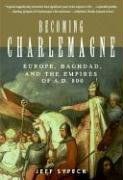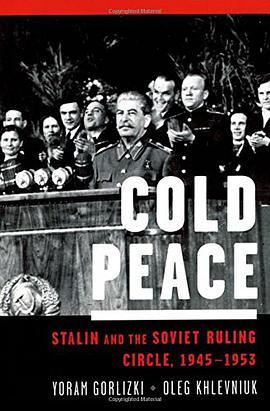

The siege of Leningrad constituted one of the most dramatic episodes of World War II, one that individuals and the state began to commemorate almost immediately. Official representations of 'heroic Leningrad' omitted and distorted a great deal. Nonetheless, survivors struggling to cope with painful memories often internalized, even if they did not completely accept, the state's myths, and they often found their own uses for the state's monuments. Tracing the overlap and interplay of individual memories and fifty years of Soviet mythmaking, this book contributes to understandings of both the power of Soviet identities and the delegitimizing potential of the Soviet Union's chief legitimizing myths. Because besieged Leningrad blurred the boundaries between the largely male battlefront and the predominantly female home front, it offers a unique vantage point for a study of the gendered dimensions of the war experience, urban space, individual memory, and public commemoration.
具体描述
读后感
评分
评分
评分
评分
用户评价
相关图书
本站所有内容均为互联网搜索引擎提供的公开搜索信息,本站不存储任何数据与内容,任何内容与数据均与本站无关,如有需要请联系相关搜索引擎包括但不限于百度,google,bing,sogou 等
© 2025 book.wenda123.org All Rights Reserved. 图书目录大全 版权所有




















